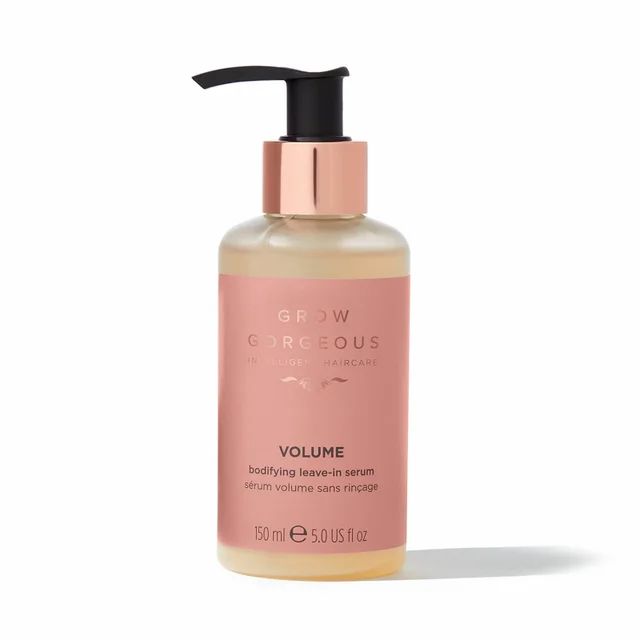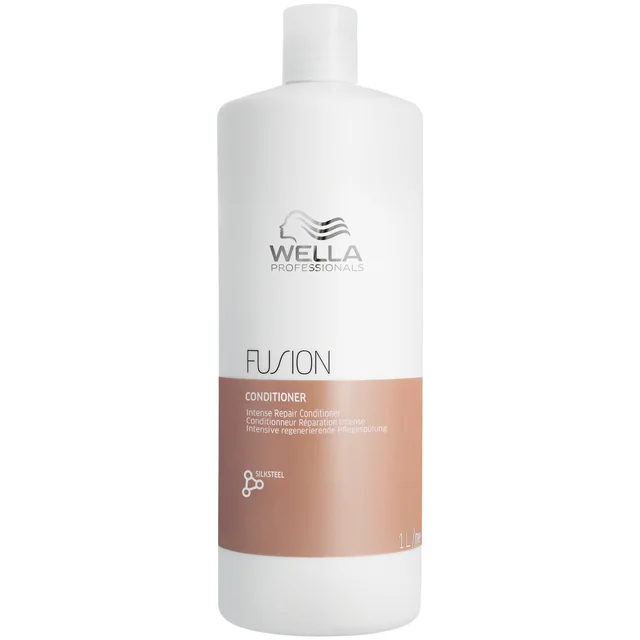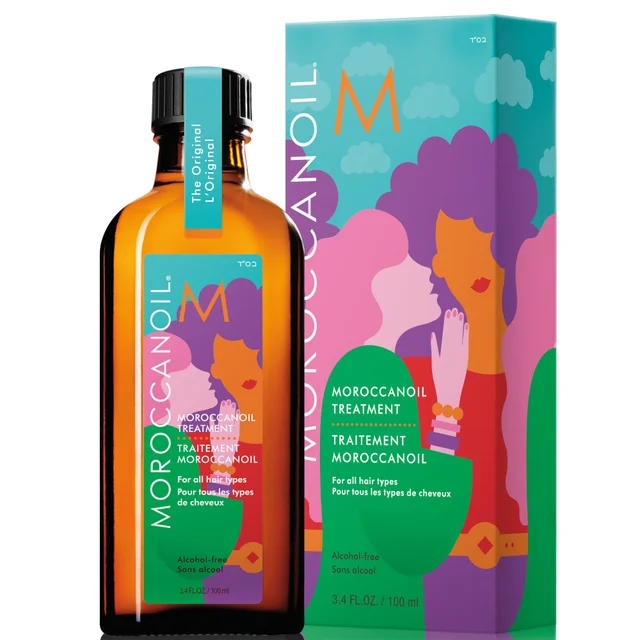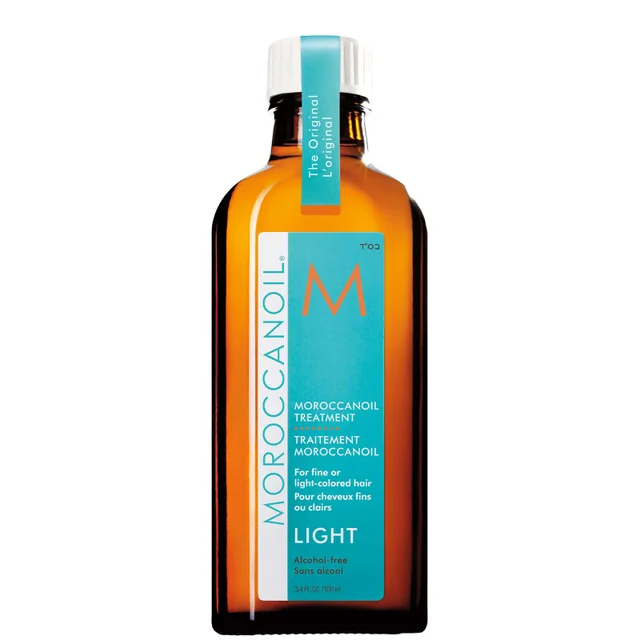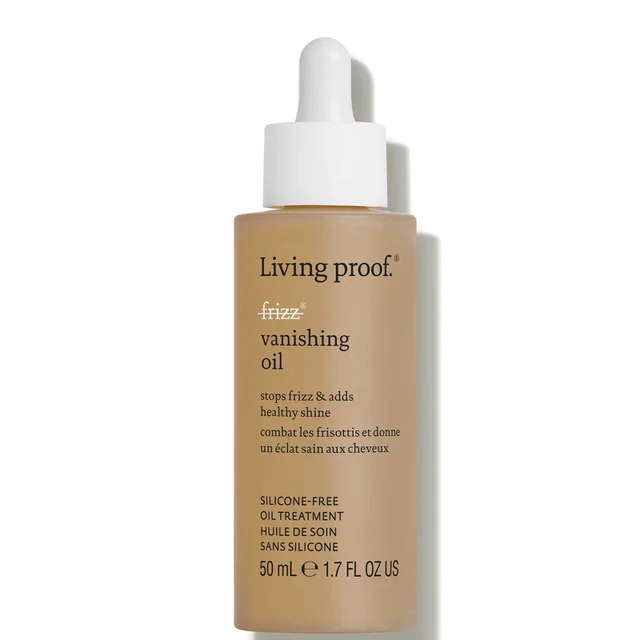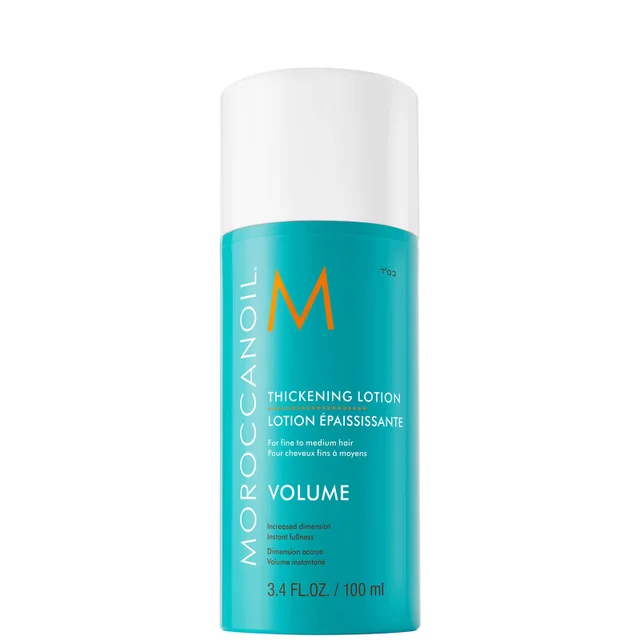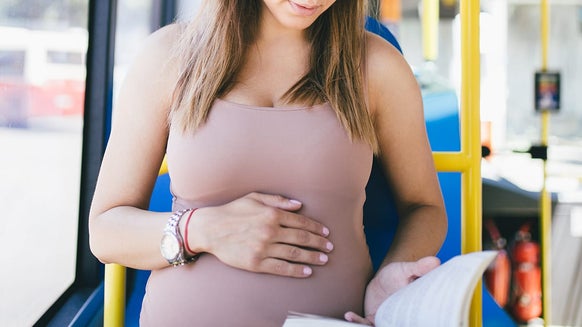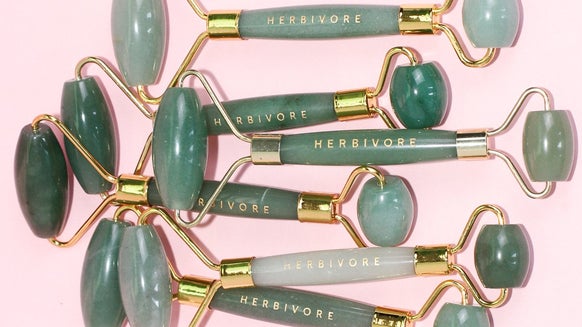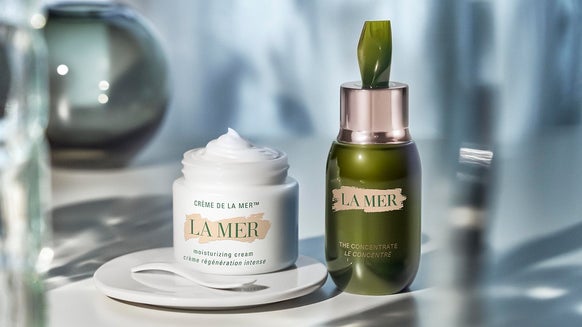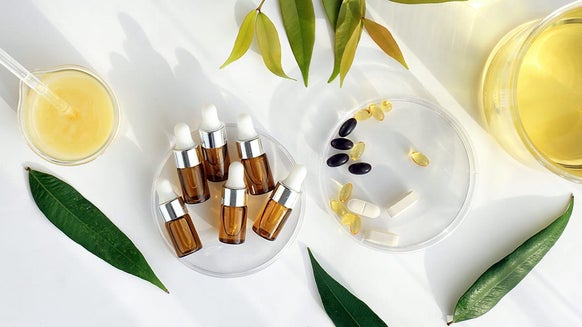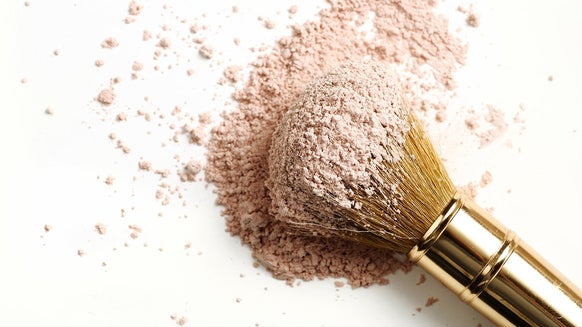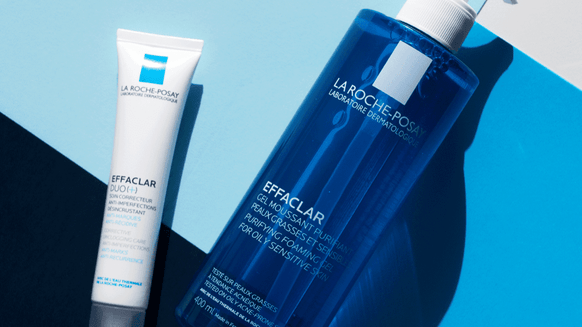Haircare you need for every stage of your strand’s lifecycle
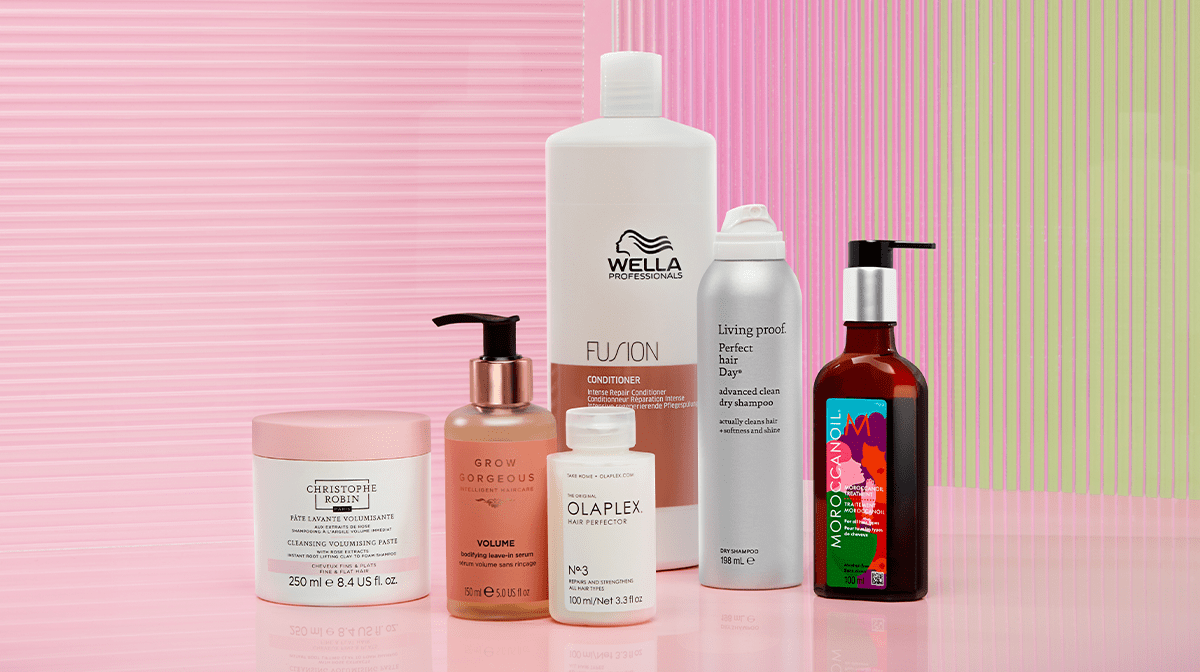
We’ve always been taught to recognise the signs and symptoms of skin ageing – but what about hair ageing? It turns out our manes are just as prone to the test of time as our complexion, often subject to changes in texture, colour and density as the years wear on. So how can we support our strands through every stage of their lifecycle? We called on the experts to find out exactly how to care for our locks, no matter the stage of our hair journey…
Does our hair change as we age and why?
No matter who we are, we’ll likely experience changes to our strands, whether that be due to external or internal factors. Keiko Mizuno, education manager at Living Proof, explains, “Our hair naturally has a protection on the outer layer called the F-layer and lipids that keep it feeling/looking hydrated and shiny.”
She continues: “As we age, we produce less lipids which leads to drier, more brittle hair. The F-layer is compromised with mechanical, thermal and chemical damage so the more we style, colour etc., our hair becomes weaker.”
Laura Thornhill, professional stylist and Moroccanoil educator, confirms: “Our hair does indeed change as we get older. We lose pigment, resulting in grey hair. The texture and density changes and some people will experience hair loss due to the decreasing and shrinking hair follicles.”
What are the different stages of our hair’s lifecycle?
It turns out there are official names to categorise each stage of our hair’s lifecycle – who knew?!
“Each hair follicle has a different growing phase,” reveals Keiko:
“Anagen is the growing phase which lasts 2-6 years.” “Catagen is the transition phase when the follicle is about to shed.” “Telogen is when the follicle is dormant/resting. This changes as we age but is also disrupted by hormones and stress.” “Exogen is the last stage where the hair sheds and the process is repeated,” finishes Laura. “It’s completely normal to lose 50-100 hair a day, but don’t worry, the anagen stage is the growing phase and each individual hair can be growing for 2-6 years!”
Can menopause impact hair growth?
It turns out menopause can affect us in more ways than we know. “During menopause oestrogen levels start to decrease. This is the hormone that helps to keep our hair in the growth phase,” shares Laura. “You may also notice your hair becomes more fragile due to the hair thinning as the follicles become smaller.”
If menopausal symptoms are wreaking havoc on your hair, Laura reveals her top tips on how to manage it: “Certain HRT (hormone replacement therapy) can be beneficial to hair growth as the menopause is irreversible,” she says, adding, “It’s equally just as important to look after the hair you have. Nourishment is key as the hair can feel dryer. Moroccanoil Hydrating Shampoo and Conditioner can be used daily to cleanse and nourish.”
Other top recommendations? “Living Proof Restore Shampoo & Conditioner if your concern is damage/dryness. Living Proof Full Shampoo & Conditioner if thinning is your concern. Triple Bond Complex for strengthening regardless of your hair type!”
How do I treat changing hair texture?
If you are noticing a difference in your hair’s texture and are struggling to adjust to the change, there are many ways to nourish and soften coarse strands. Hair oils, hair masks and hydrating treatments should be your first point of call:
“As our hair texture changes, [it] starts to lose the natural oils that help with moisture, manageability and shine,” explains Laura. “I’d recommend using Moroccanoil Treatment daily to replenish moisture, essential fatty acids and the vitamins our hair craves.”
“As we age, we produce less lipids making [hair] feel and look dry and brittle,” says Keiko. “There are two approaches: one is to strengthen using our Living Proof Triple Bond Complex for x8 stronger hair. The second is to condition and hydrate to create better manageability using Living Proof No Frizz Vanishing Oil, a lightweight, silicone-free oil.”
How do I treat hair thinning?
Hair thinning is a common problem for all ages, genders and hair types. Hair fall can be triggered by a range of factors, including diet, stress, hormonal changes, medical conditions, ageing, or genetics.
“Our hair density reduces as we age, as our Anagen phase (growing phase) gets shorter and the life cycle of the hair follicle gets slower or even stops in some follicles, leading to hair loss/hair thinning,” says Keiko.
Laura adds: “Once a hair follicle cell has died, unfortunately we can’t bring it back. However, if there’s still hair growing that appears finer, we can work on thickening that hair back to what it was.”
So how can we help to save our thinning strands and prevent the risk of hair loss?
“I’d introduce a scalp brush when shampooing to encourage blood flow to the hair follicles,” Laura advises. “This will encourage the hair to grow to its best potential. Moroccanoil Thickening Lotion helps to strengthen and plump each strand with quinoa extract whilst the argan oil nourishes."
“Living Proof Revitalizing Treatment is a scalp serum used every night to stimulate the scalp,” Keiko recommends. “It works like a fertiliser for the scalp, putting in the nutrients your scalp and hair need to promote fuller-looking hair and have less hair fall.”
Greying strands is a change we’ll all experience at some point in our lives. The first thing to do is DON’T PANIC. It’s a natural part of life and ultimately can’t be prevented. However you may find your new greys are looking for a boost in shine and strength to keep your strands in their healthiest condition.
“[Grey hair is] often linked to drier/weaker hair. I recommend the Living Proof Restore Shampoo & Conditioner to keep the hair looking and feeling strong.”
“Hair colour is due to a pigment called melanin. As we age our hair follicles produce less melanin, resulting in grey/white hair,” Laura explains. However, there's great news for all you redheads out there – “the pigment in natural red hair tends to fade instead of being lost completely resulting in a blonder, whiter appearance instead of grey!”
If you decide it’s time to age grey-cfully, Laura has you covered: “Since lockdown I’ve noticed lots more people embracing their grey! Moroccanoil Blonde Perfecting Purple Shampoo is a violet toned shampoo that will counteract brassiness and yellowing of natural grey hair.”
Haircare to support all hair types and phases:


